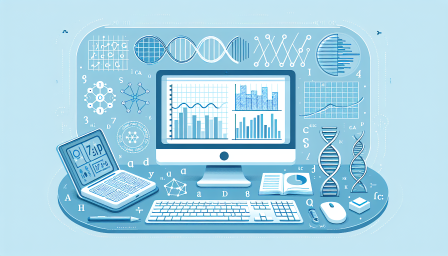
Choosing Between Spark and Hadoop for Big Data
December 10, 2024 Data Science
In the realm of big data, organizations are constantly seeking the most efficient tools to process and analyze vast amounts of information. Two of the most prominent frameworks in this space are Apache Spark and Apache Hadoop. Each has its unique strengths and weaknesses, making the choice between them critical for data teams aiming to optimize their workflows and achieve better insights.
Understanding Spark and Hadoop
Apache Hadoop is a framework that allows for the distributed processing of large data sets across clusters of computers using simple programming models. It is known for its ability to handle massive amounts of data and its fault-tolerant architecture. On the other hand, Apache Spark is a unified analytics engine designed for large-scale data processing, known for its speed and ease of use. Spark can perform data processing tasks up to 100 times faster than Hadoop in memory and 10 times faster on disk.
Performance and Speed
One of the most significant advantages of Spark over Hadoop is its performance. Spark processes data in-memory, which drastically reduces the time taken for data retrieval and processing. This is particularly beneficial for iterative algorithms and real-time data processing. In contrast, Hadoop relies on disk storage, which can slow down processing times, especially for complex data workflows. For teams that require quick insights and real-time analytics, Spark is often the preferred choice.
Ease of Use and Learning Curve
When it comes to usability, Spark offers a more user-friendly interface and supports multiple programming languages, including Java, Scala, Python, and R. This flexibility allows data scientists and engineers to work in their preferred languages, making it easier to integrate into existing workflows. Hadoop, while powerful, has a steeper learning curve due to its reliance on MapReduce programming. For teams that prioritize ease of use and rapid deployment, Spark may be the better option.
Scalability and Ecosystem
Both Spark and Hadoop are designed to scale horizontally, allowing organizations to add more nodes to their clusters as their data needs grow. However, Hadoop's ecosystem is more mature, with a variety of tools like HDFS for storage, Hive for data warehousing, and Pig for data processing. Spark can integrate with these tools, but it also has its ecosystem, including Spark SQL, MLlib for machine learning, and GraphX for graph processing. The choice between the two may depend on the specific tools and technologies already in use within an organization.

Unlocking Insights with Behavioral Analytics
November 12, 2024 Data Science
Discover how behavioral analytics can transform your business decisions and enhance user experience! #BehavioralAnalytics #DataInsights #BusinessIntelligence

Revolutionizing Data Centers with Liquid Cooling
October 8, 2024 Data Science
Discover how Supermicro's liquid cooling solution is transforming data centers for the future! #DataCenters #LiquidCooling #TechInnovation

Exploring the Latest Data Science Stack Release
September 17, 2024 Data Science
Discover the new features in the latest Data Science Stack release on Ubuntu! #DataScience #Ubuntu #OpenSource